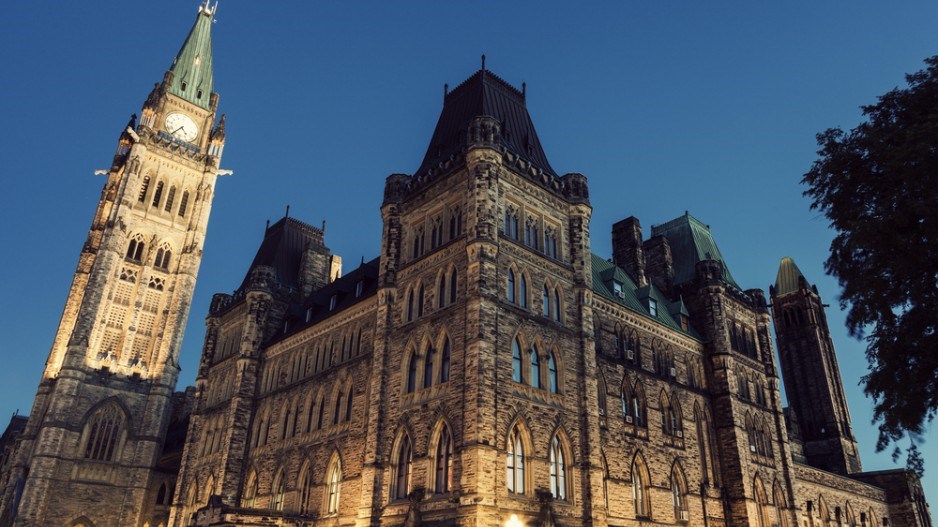By Kirk LaPointe
When Canada introduced its first law in 1983 to grant citizens access to government records, it didn’t anticipate the Internet, the cellular phone, texting or even the Post-it note. Records were on paper and that paper was filed and stored for safe keeping.
But, people being people and technology being technology, it should surprise no one that the federal, provincial and municipal laws have fallen prey to the restrictive, defensive and evasive cultures of our governments and institutions.
Our Right to Know takes us Right to No.
In the decades since the first law, Canada has gone from being a world leader to a world laughingstock. While we rank as a country in the top 10 on freedom, we rank poorly on freedom of information – somewhere in the mid-50s among countries now.
Governments and institutions have gotten better at avoiding disclosure than businesses, journalists and researchers have at compelling it. Oral briefings with no note-taking have replaced written presentations. Personal email out of easy reach has replaced workplace email within the purview of the law. The traditional footprint that tracks the evolution of public policy has been overwritten or not written at all.
The few changes to the laws have made them more cumbersome and costly. The practices under the laws frequently violate the letter and certainly the spirit of them.
This isn’t what we wanted, but this is what it is.
It is a scandal of stealth, unfortunately.
People don’t typically march in the streets demanding their right to government records. We do not know what we do not know.
Businesses, the largest users of the law in our country, find it more difficult to gain the basic information that would shed light on decision-making and activities.
In recent weeks there have first been signs of true scandal and then signs of a white knight.
The provincial government is under the microscope suddenly for the practice of triple-deleting – meaning moving it into the deleted folder, deleting it from that folder and then deleting it from the system that can recover it. The transportation minister acknowledges he’s done so. The provincial information commissioner, Elizabeth Denham, recently released an immense critique of the practice.
The Vancouver municipal government is now facing the same scrutiny by Denham’s office for its handling of records, particularly the practice of regularly deleting emails. The probe is far from done, but we would be correct to expect it will find something. After all, journalists, including those for this organization, have requested records on major files, only to be told none existed.
This is, of course, implausible bordering on the ridiculous. The reality is that either records were never created when they should have been or records have been deleted when they should not have been.
Last year, the mayor promised a more transparent administration. He, like the premier and the most recent prime minister – for that matter, like every government – made seemingly sincere pledges for accountability and accessibility as they courted votes. Their practices only deepened the cynicism about the gap in the promise versus the practice of open government.
The latest commitment comes from Justin Trudeau, whose father introduced the Canadian law. Young Trudeau might be the last hope we have to rebalance the unlevel playing field that old Trudeau never could have contemplated. Practices are getting so out of hand that serious penalties need to arrive to restore the founding principles of those laws.
What we have now too often is self-service, not public service.
This news organization will be devoting more effort in the time ahead to using these laws to gain information that governments and institutions would prefer to shield. We will be reporting what we receive and what we don’t.
Full speed to Elizabeth Denham. We will be riding her wave. •
Kirk LaPointe is Business in Vancouver’s vice-president of audience and business development.




